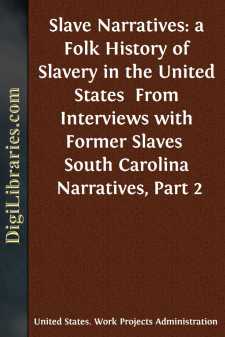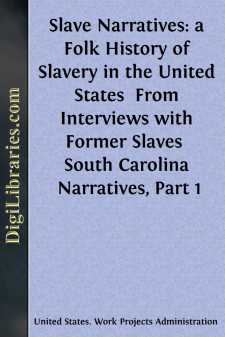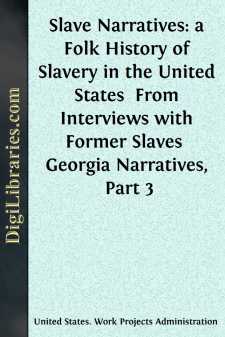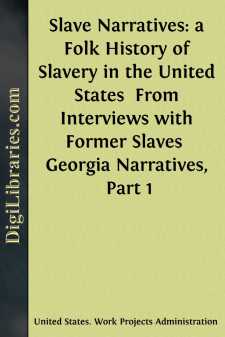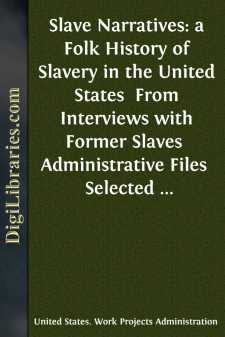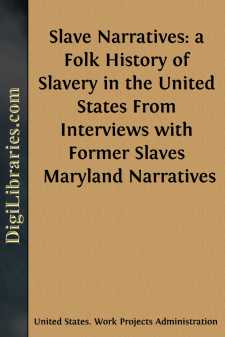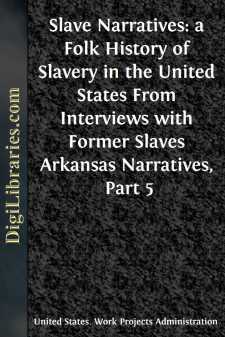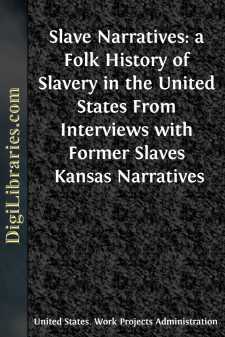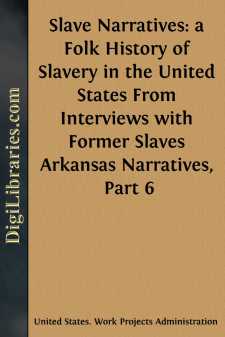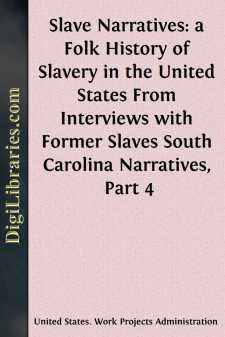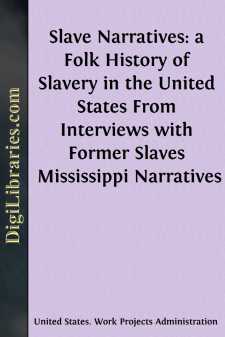Categories
- Antiques & Collectibles 13
- Architecture 36
- Art 48
- Bibles 22
- Biography & Autobiography 815
- Body, Mind & Spirit 144
- Business & Economics 28
- Children's Books 18
- Children's Fiction 14
- Computers 4
- Cooking 94
- Crafts & Hobbies 4
- Drama 346
- Education 58
- Family & Relationships 59
- Fiction 11835
- Games 19
- Gardening 17
- Health & Fitness 34
- History 1378
- House & Home 1
- Humor 147
- Juvenile Fiction 1873
- Juvenile Nonfiction 202
- Language Arts & Disciplines 89
- Law 16
- Literary Collections 686
- Literary Criticism 179
- Mathematics 13
- Medical 41
- Music 40
- Nature 180
- Non-Classifiable 1768
- Performing Arts 7
- Periodicals 1453
- Philosophy 65
- Photography 2
- Poetry 896
- Political Science 203
- Psychology 44
- Reference 154
- Religion 515
- Science 126
- Self-Help 85
- Social Science 83
- Sports & Recreation 34
- Study Aids 3
- Technology & Engineering 59
- Transportation 23
- Travel 463
- True Crime 29
Our website is made possible by displaying online advertisements to our visitors.
Please consider supporting us by disabling your ad blocker.
Slave Narratives: a Folk History of Slavery in the United States From Interviews with Former Slaves South Carolina Narratives, Part 2
Categories:
Description:
Excerpt
STORIES FROM EX-SLAVES
"I was born in the section of Greenwood County called 'the promised land'. My parents were Henry and Julis Watkins. I married Frank Edwards when I was young. Our master, Marshall Jordon, was not so mean. He had lots o' slaves and he give 'em good quarters and plenty to eat. He had big gardens, lots of hogs and cattle and a big farm. My master had two children.
"Sometimes dey hunted rabbits, squirrels, possums and doves.
"De master had two overseers, but we never worked at night. We made our own clothes which we done sometimes late in evening.
"We had no school, and didn't learn to read and write, not 'till freedom come when a school started there by a Yankee named Backinstore. Later, our church and Sunday school was in de yard.
"We had cotton pickings, cornshuckings and big suppers. We didn't have to work on Christmas.
"One of de old-time cures was boiling fever-grass and drinking de tea. Pokeberry salad was cooked, too. A cure for rheumatism was to carry a raw potato in the pocket until it dried up.
"I had 11 children and 8 grandchildren.
"I think Abe Lincoln was a great man. Don't know much about Jeff Davis. Booker Washington is all right.
"I joined church in Flordia, the Methodist church. I was 50 years old. I joined because they had meetings and my daughter had already joined. I think all ought to join de church."
Source: Mary Edwards (79), Greenwood, S.C.
Interviewed by: G.L. Summer, Newberry, S.C. (6/10/37)
Project #1655
Stiles M. Scruggs
Columbia, S.C.
A SON OF SLAVES CLIMBS UP.
The Rev. John B. Elliott, A.B.A. A.M., D.D., 1315 Liberty Hill Avenue, Columbia, S.C., is the son of slaves. He was born at Mount Olive, N.C., in 1869, and missed being a slave by only four years. His college degrees were won at Shaw University, Raleigh, N.C., and the degree of Doctor of Divinity was conferred on him by Allen University of Columbia, S.C.
Sitting on the parsonage piazza recently, the Rector of St. Anna's Episcopal Church talked about his struggle for education, and his labors up from slavery.
"I was born at Mount Olive, N.C., the son of Soloman Elliott and Alice (Roberts) Elliott. They were slaves when they married, and I escaped bondage by only four years, since slaves were not freed in the South, until 1865.
"My father was owned by Robert W. Williams, of Mount Olive, and he was the most highly prized Negro in the vicinity. He was a natural carpenter and builder. Often he would go to the woods and pick out trees for the job in hand. Some of the houses he built there are standing today. Mother was equally trained and well equipped to make a home and keep it neat and clean. When they were free in 1865, half the community was eager to employ them and pay them well for their services. And, when I came along, they were living in their own house and prospering.
"I chose a religious career when quite a boy, and, when I was ready for college, I was much pleased. I finished at Shaw University at Raleigh, took a year's study at Columbia University in New York and then finished a religious course at the Bishop Payne Divinity School at Petersburg, Virginia, where most of the colored clergymen of the Episcopal Church are finished....


